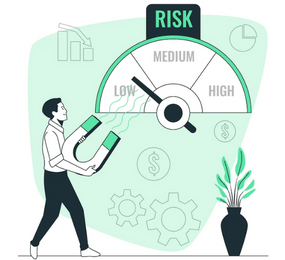Climate Change and Supply Chain Resilience: Adapting to Environmental Challenges
Climate change presents a multifaceted challenge to supply chain resilience. As global temperatures rise and weather patterns become increasingly unpredictable, businesses must adapt to a new reality. The impact of climate change on supply chains is profound, influencing both short-term operations and long-term strategies.
One immediate concern is the more frequent and severe weather events. Hurricanes, floods, wildfires, and droughts disrupt transportation and damage infrastructure, causing delays and increasing costs. These extreme events underscore the importance of disaster preparedness, including alternate sourcing, robust risk assessment, and contingency planning.
Longer-term effects are equally significant. Climate change is affecting growing seasons, leading to shifts in agricultural patterns and crop yields. Rising sea levels threaten coastal supply chain infrastructure. Furthermore, the pressure to reduce greenhouse gas emissions is driving changes in transportation methods and energy sources.
To adapt to these challenges, businesses must integrate climate risk management into their supply chain strategies. This includes diversifying supplier bases, enhancing data analytics for risk assessment, optimizing inventory levels, adopting sustainable practices, and investing in resilient infrastructure. Collaboration with governments, local communities, and industry partners is also crucial to building a resilient supply chain that can withstand the environmental challenges posed by climate change.
Visit our website to know more: https://www.leadventgrp.com/events/supply-chain-risk-and-resilience-forum/details
For more information and group participation, contact us: [email protected]
Leadvent Group - Industry Leading Events for Business Leaders!
www.leadventgrp.com| [email protected]
















